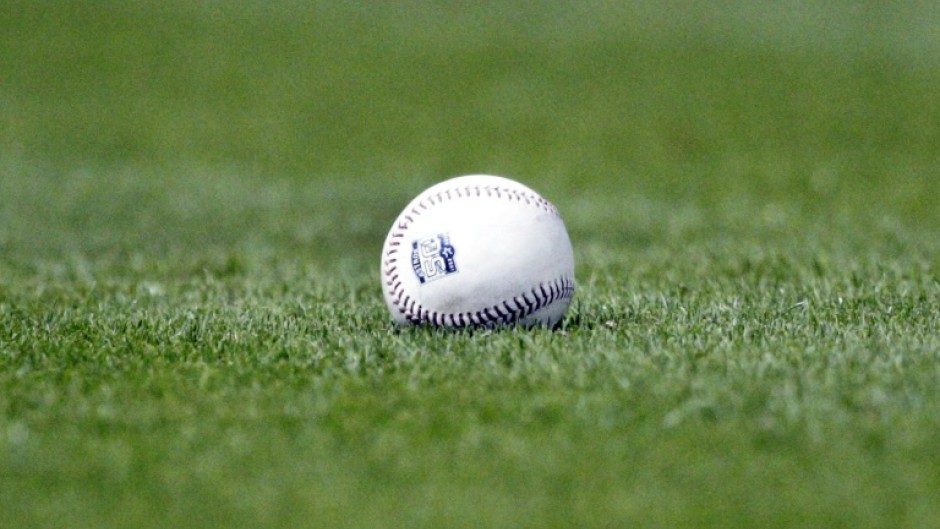Major League Baseball formally adopted statistics from the racially segregated Negro Leagues into its official history on Wednesday, rewriting the record books at a stroke in a landmark move which confronts the sport's racist past.
MLB commissioner Rob Manfred said in a statement the decision gave long-overdue recognition to the achievement of African-American players in the league who deserve to be ranked alongside baseball's most iconic names.
"All of us who love baseball have long known that the Negro Leagues produced many of our game's best players, innovations and triumphs against a backdrop of injustice," Manfred said on the league's website.
"We are now grateful to count the players of the Negro Leagues where they belong: as Major Leaguers within the official historical record."
Black players were barred from competing in the major leagues due to racism and segregation laws until Jackie Robinson famously broke baseball's color barrier by debuting for the Brooklyn Dodgers on April 15, 1947.
Instead, African-American players plied their trade in the Negro Leagues, which ran from 1920 to 1948.
However while the segregated league produced many players who would go onto forge dazzling careers in Major League Baseball, their statistical achievements from that era were never recognised.
In 2020 however, with the United States plunged into nationwide soul-searching over racial injusice following the death of George Floyd, MLB chiefs said it was time to finally grant "Major League" status to the Negro Leagues, in a move Manfred described as "correcting a longtime oversight" in the game's history.
A panel of Negro Leagues experts and historians subsequently pored over the record books to evaluate statistics from the era and determine how to incorporate them into MLB history.
Wednesday's move means that the likes of Negro Leagues stars such as Hall of Fame catcher Josh Gibson are now etched into baseball's official pantheon alongside iconic figures such as Babe Ruth, Willie Mays and Hank Aaron.
- Ruth records rewritten -
Gibson played his entire career in the Negro Leagues between 1930 and 1946, accumulating statistical benchmarks which are now acknowledged as surpassing some of the most longstanding records in the sport.
Gibson is now baseball's all-time leader in batting average, his career average of .372 eclipsing Ty Cobb's record of .366 -- a hitherto untouchable record which had stood since Cobb's retirement in 1928.
Gibson also takes over the records for single season batting average (.466), single season slugging percentage (.974) and single season OPS (on-base plus slugging).
In several categories, Gibson replaces Babe Ruth, regarded by many as the greatest player in baseball history. Gibson now betters Ruth's records for career slugging percentage (.718) and OPS (1.177).
"When you hear Josh Gibson's name now, it's not just that he was the greatest player in the Negro Leagues but one of the greatest of all time," Gibson's great-grandson Sean Gibson told USA Today ahead of Wednesday's announcement.
"These aren't just Negro League stats. They're Major League Baseball stats."
The integrated record books will also boost some of the existing records of Black players who competed in the Negro Leagues before going on to participate in Major League Baseball following Robinson's trailblazing move to the Dodgers in 1947.
Hall of Fame pitcher Satchel Paige's wins total has increased to 124 from 28 after the inclusion of his Negro League stats, giving him the third best single season earned run average (ERA) in history at 1.01.
The New York Times meanwhile quoted Negro Leagues researcher Larry Lester, who acknowledged that the statistical shake-up was likely to stir up debate.
"People will be, I don't know if upset is the word, but they may be uncomfortable with some Negro League stars now on the leaderboards for career and seasons," Lester told the Times.
"Diehards may not accept the stats, but that's OK. I welcome the conversations at the bar or the barbershop or the pool hall. That's why we do what we do."

